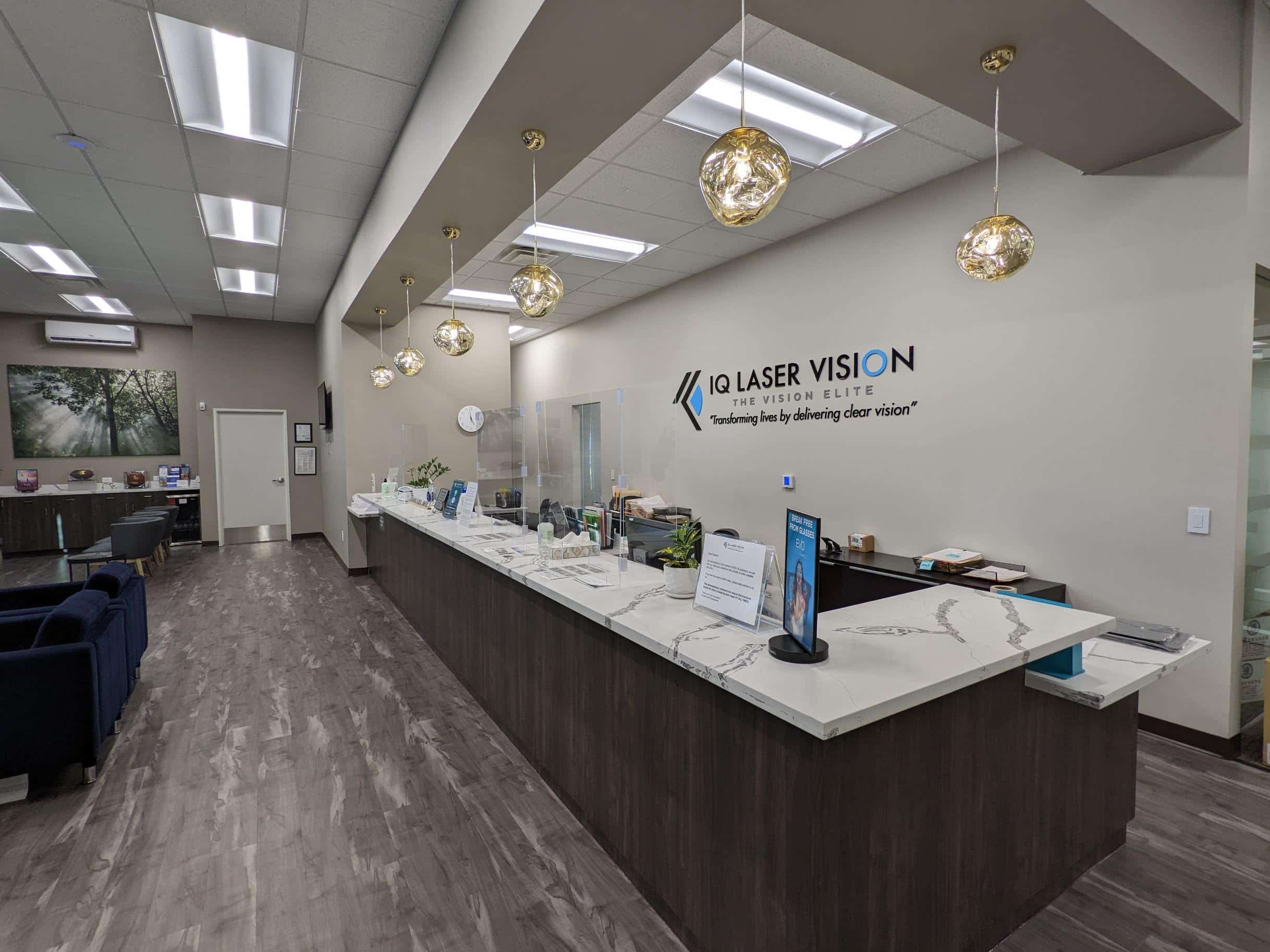Pregnancy brings a lot of changes. And aside from the obvious changes and stresses that go with a baby growing inside you, your body will also experience a number of hormonal changes. These changes can affect everything from your hair texture and skin’s appearance to your vision.
That’s right, pregnancy can affect your vision.
Want to know what to expect when you’re expecting, as well as when the vision changes signal something more serious? Keep reading so that you’ll be in the know and ahead of the game.
The vision changes that come with pregnancy
- Dry eyes
Pregnancy hormones often lead to dry, itchy eyes. Discuss with your eye doctor which artificial tears are safe for you to use through pregnancy to ease the discomfort. Your doctor may also have other remedies and suggestions to make your eyes more comfortable.
- Contact lens discomfort
Thanks to dry eyes, you might not feel able to wear your contact lenses during this period of life. You can try switching to glasses during pregnancy to avoid contact lens discomfort. While correctional treatments like LASIK may be a good option for some, it’s generally not recommended during pregnancy because of all the changes happening in your eyes. However, if you’re just beginning to consider pregnancy, it may be a good time to discuss with your eye care professional whether it’s a good time for LASIK.
- Spots and floaters
Floaters and dark spots in our vision are normal enough, especially with increased computer use and age. They are generally benign. But occasionally they can indicate some health concerns. In pregnancy, floaters and dark spots should be taken seriously because they may be a symptom of something critical.
- Distorted or blurred vision
During pregnancy, your body may retain more water. And your eyes may do so as well, causing your cornea to swell and slightly change shape. Though subtle, this change can make your eyes feel particularly sensitivity and increase sensations of irritation. This swelling could also cause blurry or distorted vision, and require a new eyeglasses prescription for the duration of the pregnancy.
Are the vision changes serious?
Though pregnancy-related vision changes may be fairly mild, they may also be indicative of something more serious. If you’re experiencing any vision changes, no matter how small, be sure to get checked out by your doctor. Preeclampsia and gestational diabetes are two serious conditions that can have long-term effects on both you and your baby. Gestational diabetes left untreated can permanently damage the blood vessels in your eyes. And untreated preeclampsia could put both your and your baby’s lives in danger.
Your eye health (and physical health too) is important no matter what stage of life you’re at. But pregnancy brings with it some new challenges. Since you’re now taking care of both you and baby, it’s more important than ever to make sure you know what to expect and what to do in the event of any changes. Discuss any concerns you might have with your doctor so they can either rule out anything serious, or make sure you get the treatment you need for you and your baby’s safety.
If, after you see your doctor, you have any questions about your eyes or ways to minimize the discomfort of dry eyes and pregnancy-induced vision changes, book a consultation with one of our ophthalmologists by calling 888.539.2211 or emailing us at [email protected].























